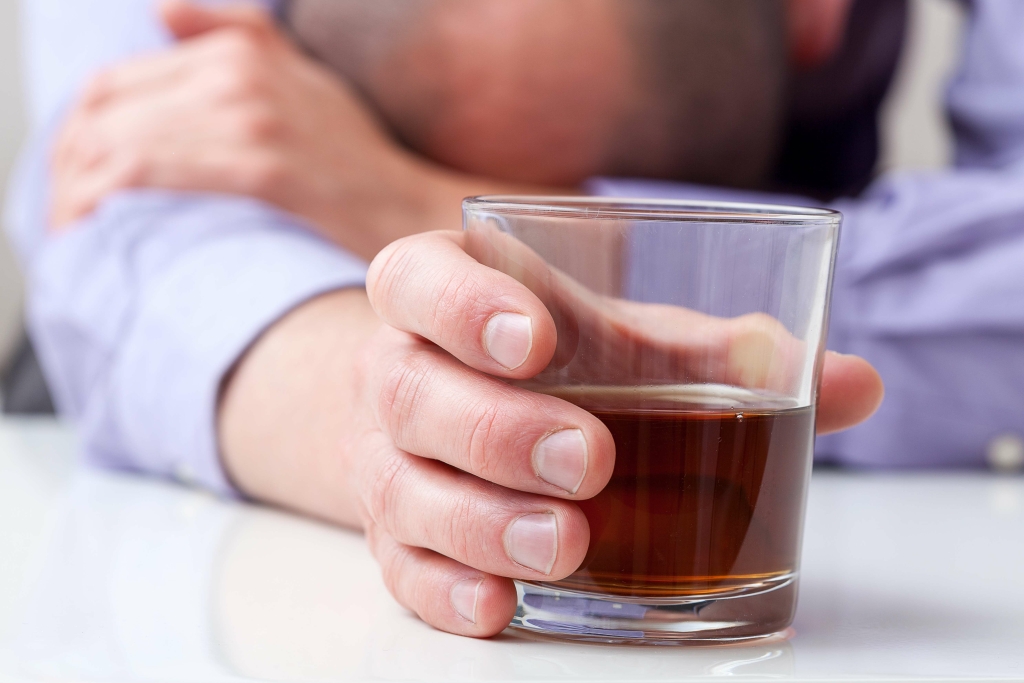The state of being drunk, or alcohol intoxication, manifests through a spectrum of physical and mental effects caused by recent alcohol consumption. This phenomenon affects millions globally, influencing personal behavior, health, and societal norms. https://cipjahed.com/2021/02/10/find-aa-meetings-near-me-your-guide-to-recovery-3/ This article explores what it means to be drunk, the symptoms involved, stages of intoxication, and the profound implications for health, safety, and law.
- When it comes to alcohol consumption, understanding the different levels of intoxication is essential in recognizing the effects it has on the body and behavior.
- It can be considered that being ‘tipsy’ is the middle ground of considering oneself when it comes to drinking alcohol.
- Tipsy drinkers minimize guilt in CAGE questions despite experiencing remorse later.
- At a BAC level of 0.45% or greater, severe and irreversible damage is sustained to the internal organ systems.
- These stages are closely linked to the individual’s BAC, which measures the amount of alcohol in the bloodstream.
Mental Health Treatment
- Because alcohol reduces our inhibitions, it makes us more likely to act impulsively.
- Most cases of accidents and even crimes happen when one is intoxicated.
- The confusion stage is often where individuals experience blackouts, losing periods of time from their memory.
- This means that consuming four to five alcohol drinks in a short amount of time may be enough to put a person at risk of alcohol poisoning, or even death.
Physical discomfort often follows, including nausea, headaches, and general malaise. Emotionally, drunkenness can trigger mood swings ranging from excessive happiness to sadness or anger. The drunk state is typically remembered as physically uncomfortable and emotionally volatile compared to the more controlled tipsy experience. One of the most significant dangers of excessive intoxication is the increased risk of accidents and injuries. Alcohol impairs motor skills, coordination, and reaction time, making it more difficult to perform tasks safely. This impairment can lead to falls, car accidents, burns, and other accidents that can result in severe injuries or even death.
Alcohol
Conversely, in a negative social context, alcohol can exacerbate conflicts and lead to aggressive behavior. Individuals who are already experiencing stress or anger may become more volatile when drunk, resulting in arguments and physical altercations. Addiction and mental health disorder effects the lives of millions of Americans each year.
Best Subliminal for Weight Loss: Do Subliminal Messages Work for Weight Loss?

There are various resources available to provide guidance and support, including addiction treatment centers, counseling services, and support groups. Recognizing the signs of alcohol intoxication is the first step toward addressing the underlying issues and promoting a healthier and safer lifestyle. On the behavioral front, impaired judgment is a hallmark sign of alcohol intoxication. Individuals may make poor decisions, engage in risky behaviors, or act in ways they normally wouldn’t when sober. Changes in mood can also occur, with individuals becoming more irritable, aggressive, or emotionally unstable. Increased risk-taking is another behavioral cue, as intoxicated individuals what does it feel like being drunk may engage in reckless activities without considering the consequences.
Tipsy

When the kava takes hold, to me at least, it feels like the room opens up. My arms, legs, and eyelids become heavy, and clear speech becomes difficult. Titcomb in 1948 describes the kava experience as; “The what is alcoholism effect of ‘awa varies according to the amount taken.




